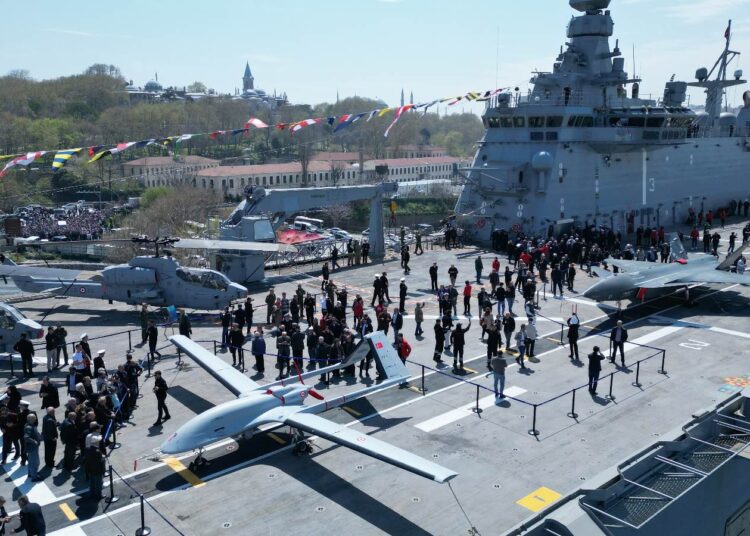Levent Kenez/Stockholm
In an interview with a Turkish TV station on May 18, İsmail Demir, head of the Presidency of the Defense Industry (Savunma Sanayii Baskanligi, SSB), Turkey’s defense procurement agency said some modifications must be made to Turkey’s new flagship, the TGC Anadolu, to accommodate both manned and unmanned aircraft as well as to aircraft in the military’s inventory so that they can take off from and land on the ship, confirming accusations that the government had commissioned the ship early in order to promote it in the May 14 elections.
Turkey cooperated with Spain in the production of the Anadolu, the largest ship in the Turkish Navy with a length of 231 meters, a width of 32 meters and displacement of 27,436 tons. It was designed by Spain’s Navantia and built at the Sedef Shipyard in Turkey.
Anadolu, which Turkish President Recep Tayyip Erdogan has repeatedly described as an aircraft carrier but is actually a multi-purpose amphibious assault ship, has become the latest showcase product in his election propaganda. One of Erdogan’s election strategies is to show voters that Turkey is becoming stronger by promoting domestically produced defense industry products.
The pro-Erdogan media also insist that the ship is Turkey’s first and only aircraft carrier. Some publications claim the ship is the first military drone carrier in the world.
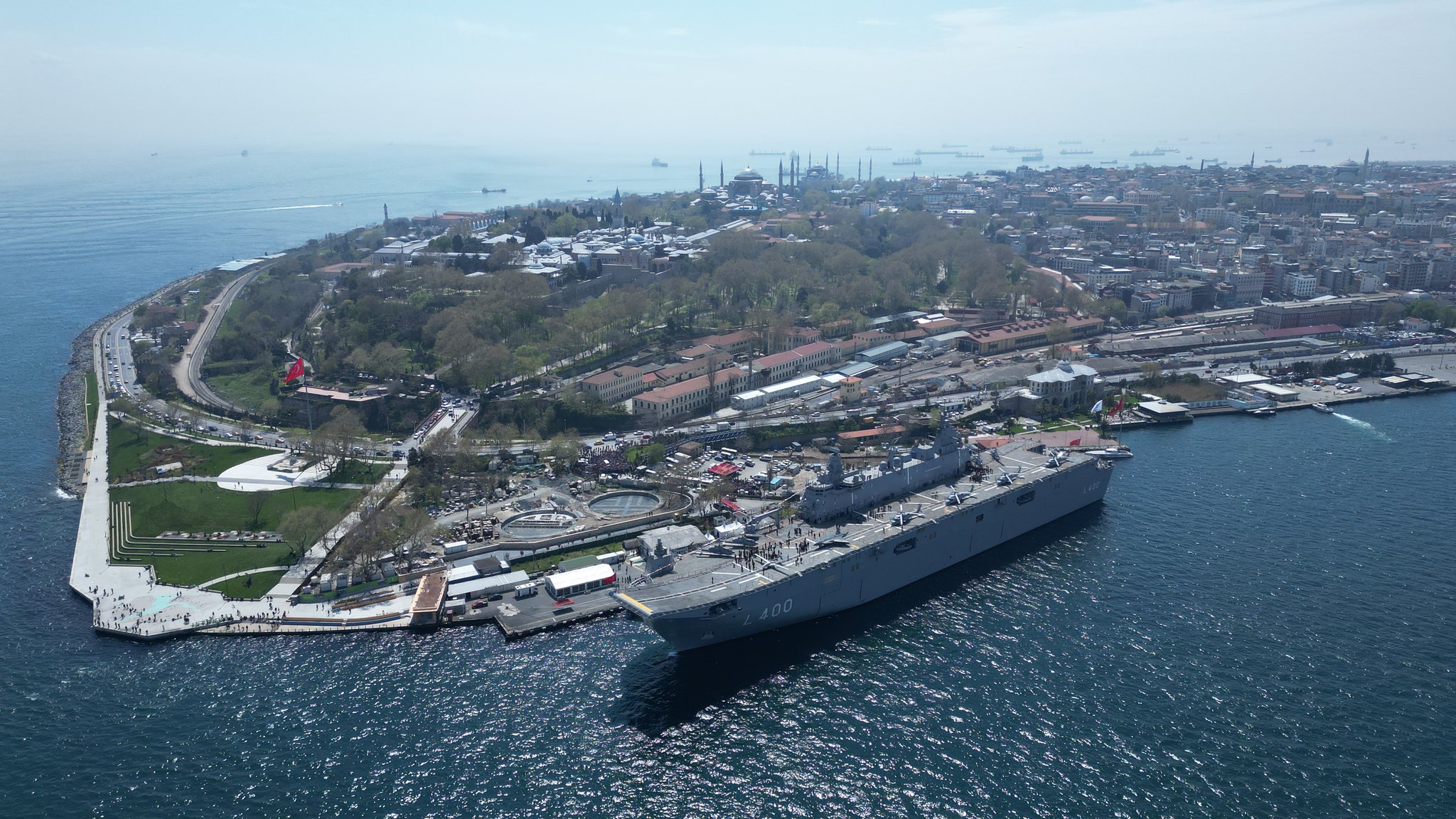
According to experts the ship is neither the world’s first ship on which drones are deployed nor an aircraft carrier. They also state that many critical tests on the ship have not yet been completed. So that the Erdogan government could put on a show before the elections, the ship was activated before the end of the acceptance tests, which could cause serious problems.
Demir said the Bayraktar TB3, a medium-altitude, long-endurance unmanned combat aerial vehicle, which is produced by Erdogan’s son-in-law Selçuk Bayraktar’s Baykar Makina, was designed to take off and land on the Anadolu, with it soon becoming the first military drone to land on the ship after successfully passing the tests.
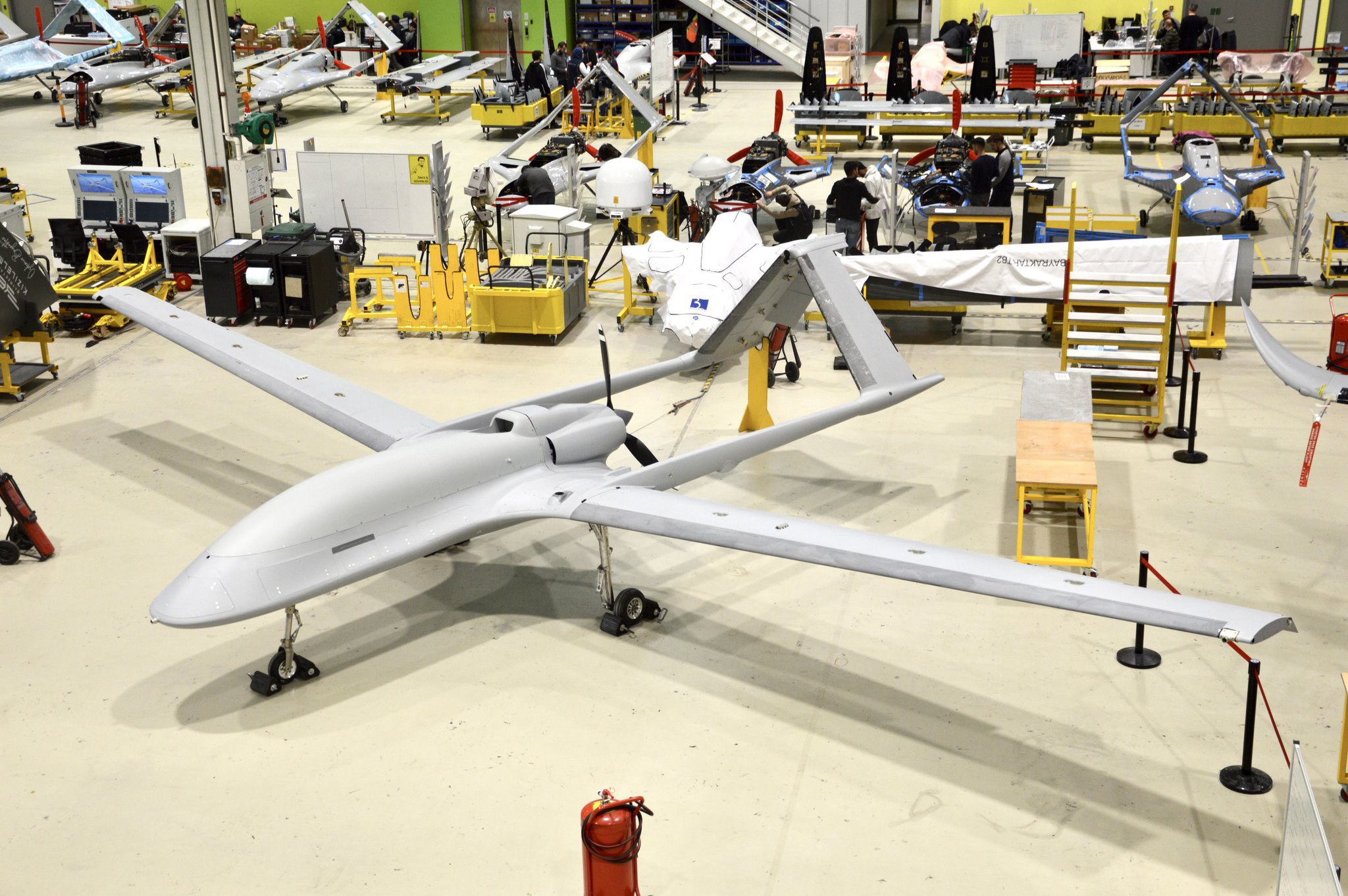
Demir stated that arresting wires and a catapult first need to be installed on the Anadolu, confirming that Anadolu was not built as an aircraft carrier.
He also said modifications are required for Kızılelma, a supersonic, twin-engine unmanned fighter jet still in production, and Hürjet, Turkey’s first supersonic manned aircraft, designed by Turkish Aerospace Industries, which took its maiden flight on April 25.
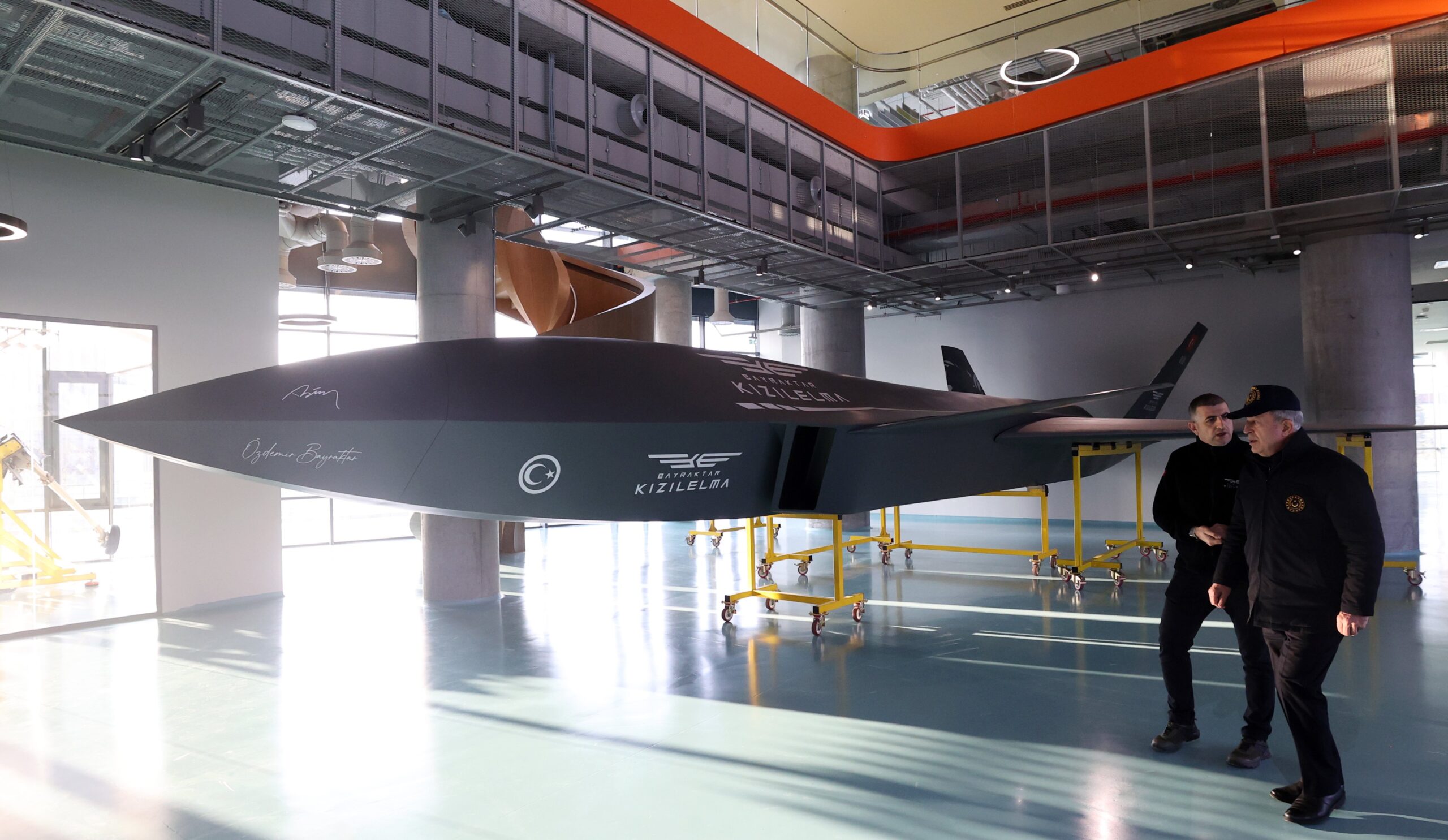
Saying that it is not possible to carry out landing and take-off tests while the ship is in use, Demir stated that for this reason the ship’s deck will be replicated on land and that work would begin soon thereafter.
“Bayraktar TB3’s landing and take-off tests will start this year. TB3 landed on and took off from the ship in computer simulations. These simulations will need to be done for other aircraft as well,” Demir added.
According to Demir, the landing and take-off tests for Kızılelma and Hürjet in Anadolu will begin in 2024 and 2025, respectively.
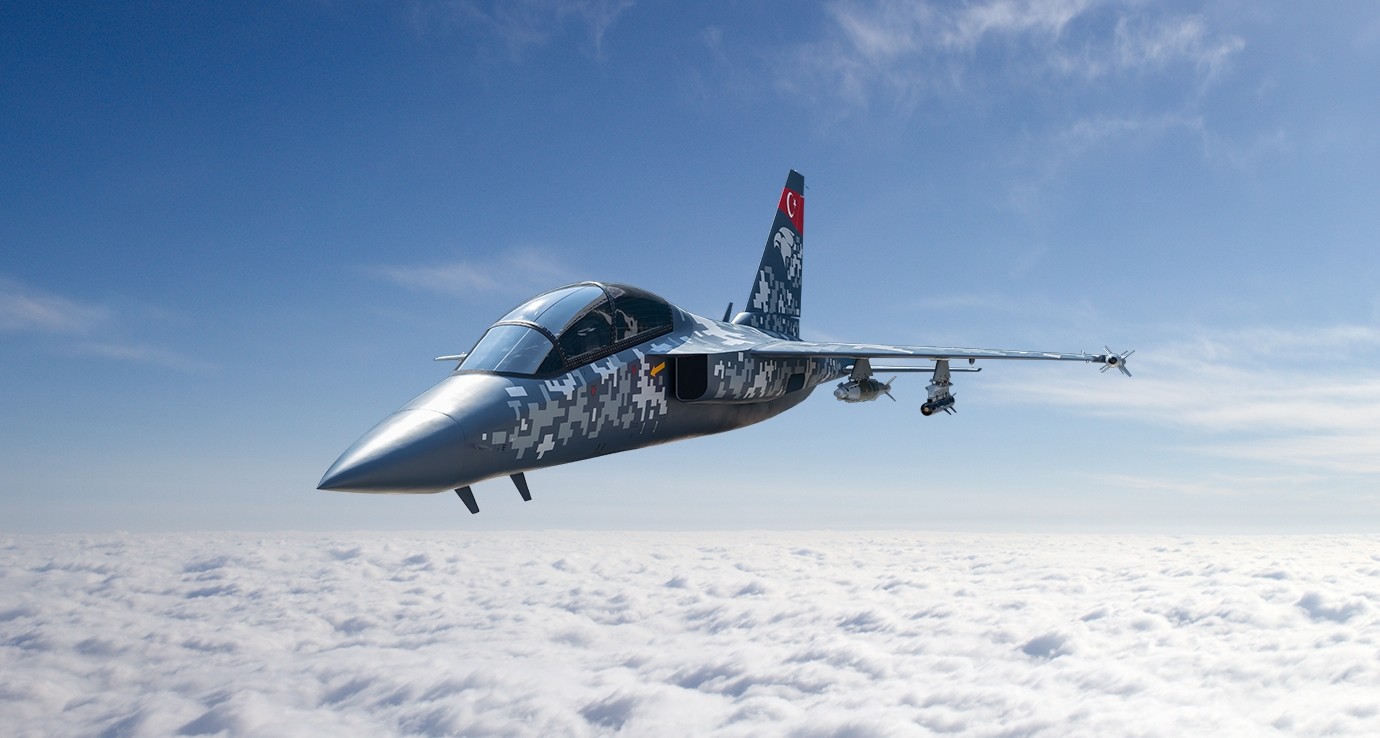
The Anadolu, which was delivered to the Turkish Naval Forces Command on April 10, was on display in İstanbul and İzmir and open to the public before May 14 elections. It is now anchored in İstanbul again for public visits. The Ministry of Defense shares a post about Anadolu almost every day on its social media accounts.
Meanwhile, Turkey’s deputy minister of defense admitted that the government cannot fully meet the needs of the military due to the poor state of the Turkish economy, during a meeting of a pro-government business platform that brings together industrialists from around İstanbul on May 7, Nordic Monitor reported.
Speaking at the general assembly of the SAHA Istanbul Defense, Aviation and Aerospace Platform led by Haluk Bayraktar, brother of Selçuk Bayraktar and CEO of Baykar, Deputy Defense Minister Muhsin Dere said Turkey’s defense spending has decreased in recent years. According to Dere, the reason is not a decrease in needs but rather a decrease in purchases.
Dere said Turkey would soon have to supply the military with a large amount of equipment and weapons.
“God willing, Turkey’s economic situation will be much better, and we will meet the needs of the army from A to Z,” he added.
Nordic Monitor previously reported that sanctions and export restrictions imposed on Turkey’s ambitious defense industry had taken a toll on the development of sophisticated military hardware, which suffers from the lack of domestically produced components, in particular critical engines and transmission systems.

